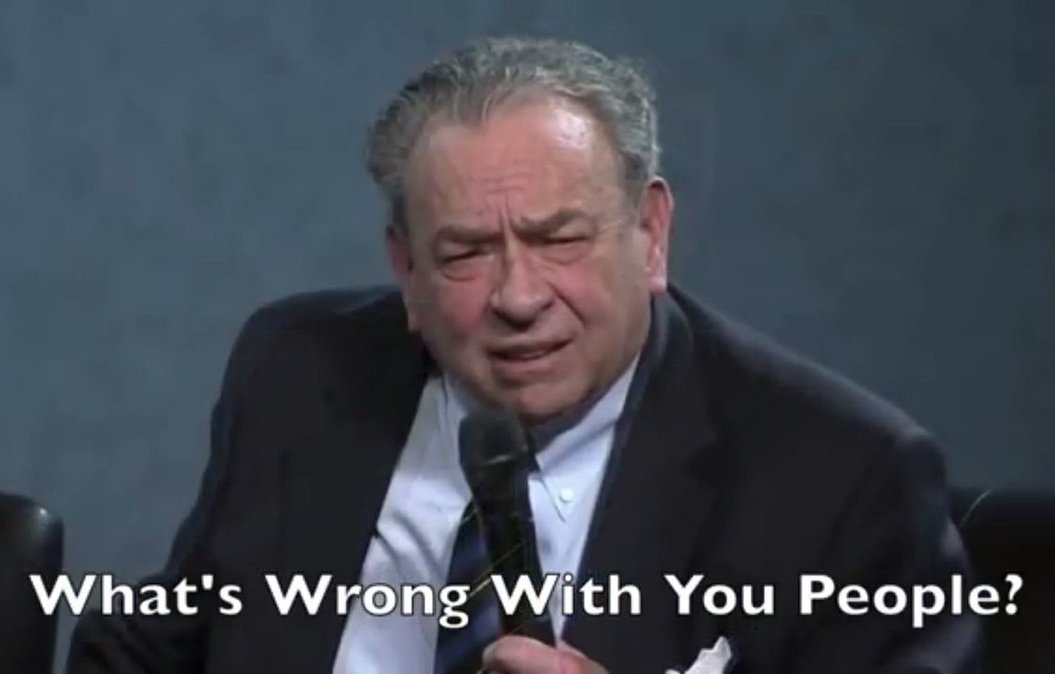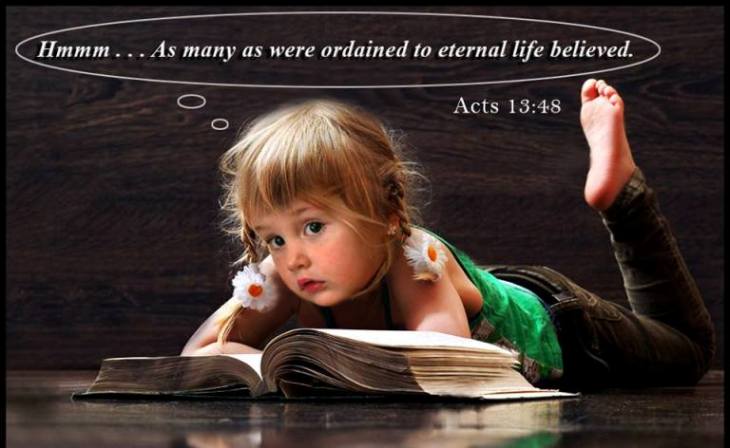
From a Christian perspective, where did the idea of salvation originate? When I use the term salvation, I mean it from the Biblical use of the word; which refers to lost sinners entering into a saving relationship with their Divine Creator. Hence, who came up with the plan to reconcile sinners? Or, is there a plan at all? If so, how is this spiritual deliverance accomplished, and who is responsible for the implementation, application, and completion of this plan? To dig even a little deeper, who should receive the credit for the achievement of this great act of redemption … if such a feat exists?
These are some of the questions we hope to ask and answer this year at Memorial Heights Baptist Church at our Theology Matters Conference. April 12-14, our church is hosting a conference on the Ordo Salutis. Now, don’t let that Latin phrase fool you, or intimidate you. It simply means the order of salvation. The Christian faith teaches, that God, by His unmerited grace has originated, implemented, and will accomplish this wonderful act of granting eternal life to every single person who savingly trusts in Christ Jesus. The Ordo Salutis teaches there is a logical order and Scriptural sequence to the unfolding of the achievements necessary to complete this gracious act.
Let me list these distinct teachings in the normal arrangement given. But understand, these doctrines are more than just Divine achievements, they are also Biblical truths, clearly taught in Scripture that reveal to us the order of salvation. The Ordo Salutis is as follows; Election, Calling, Regeneration, Conversion, Justification, Adoption, Sanctification, Perseverance and Glorification. When these truths are properly taught and ordered, they reveal that salvation is completely an act of grace, for which God alone deserves glory.
Let me quickly flesh out and offer a short summary of the Ordo Salutis. First, though this truth is often rejected, the Bible declares that before the dawn of creation, God elected a people to Himself. Of His own Sovereign will, God chose certain individuals to become part of His family and recipients of His grace. Then in the fullness of time, the Lord Jesus Christ came and purchased redemption for these elect individuals. At some point in the life of these undeserving persons, the Holy Spirit comes and in glorious efficacious power calls that sinner out of darkness and into light. The Spirit does this by revealing the Gospel and convicting the stony heart of these elected ones of their sins against God. God’s Spirit then regenerates this person and grants them repentance towards God the Father and faith in the Lord Jesus Christ. At that moment, they are converted, justified, and adopted into God’s family. The Spirit will then begin to progressively sanctify this person more and more from who they were, and into the image of Christ. These born-again believers, kept by the power of God, will persevere throughout life until that wonderful, wonderful day, when they will be wholly glorified and the sin nature completely eradicated.
Now, there is a sense in which these doctrines logically unfold in an obligatory order. But like most things, if this subject is pressed too hard, it will distort the truth it is meant to reveal. For example, when the Holy Spirit comes in the day determined by God’s gracious providence and grants spiritual life to a person; at that moment they are instantaneously regenerated, converted, justified, and adopted. There is no space of time between these Divine actions. However, there is a logical order to them. Since the Bible teaches the unsaved are spiritually dead, then of necessity, regeneration precedes faith and repentance.
Someone might suggest, well – isn’t all this a little too much for the average Christian to comprehend, or expected to know? Or shouldn’t a study like this be confined to a seminary classroom, and not the local church? I would pushback against that mindset and insist, the deeper our understanding of theology, the higher our doxology. Or said another way, the more we know about God’s gracious plan of redemption, and the more fully the Chrisitan comprehends what all God has done (is doing, and will do) for them, the loftier our praise.
So, come join us this weekend and learn more about the Order of Salvation. At 7:00PM on Friday night, we will hear more about Election and Calling. On Saturday, at 10:00AM, we will consider Regeneration and Conversion. Saturday afternoon at 2:00PM we will hear sermons on Justification and Adoption. Then finally on Sunday, at 10:00AM, two speakers will address the subjects of Sanctification and Glorification.
Simply stated, this conference is intended to cause all men to marvel at God’s perfect plan of redemption and how He alone is author and finisher of the believer’s faith. When everything is said and done, salvation is by grace alone, through faith alone, in Christ alone, to the glory of God alone. Christians are Christians, only because God has graciously made them so. And there is a Divine order and Sovereign plan in this wonderful gift of salvation.


